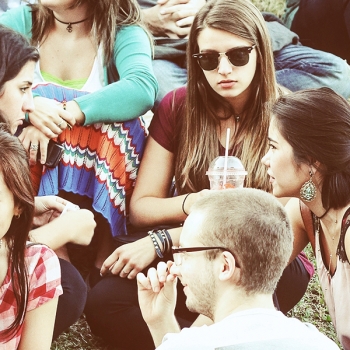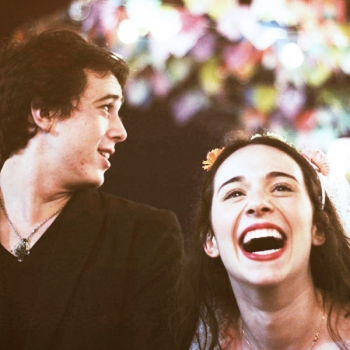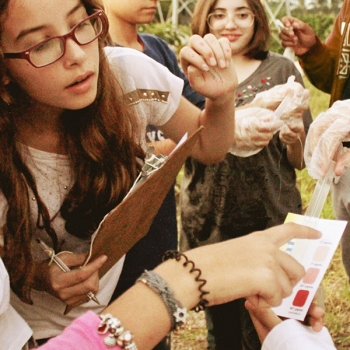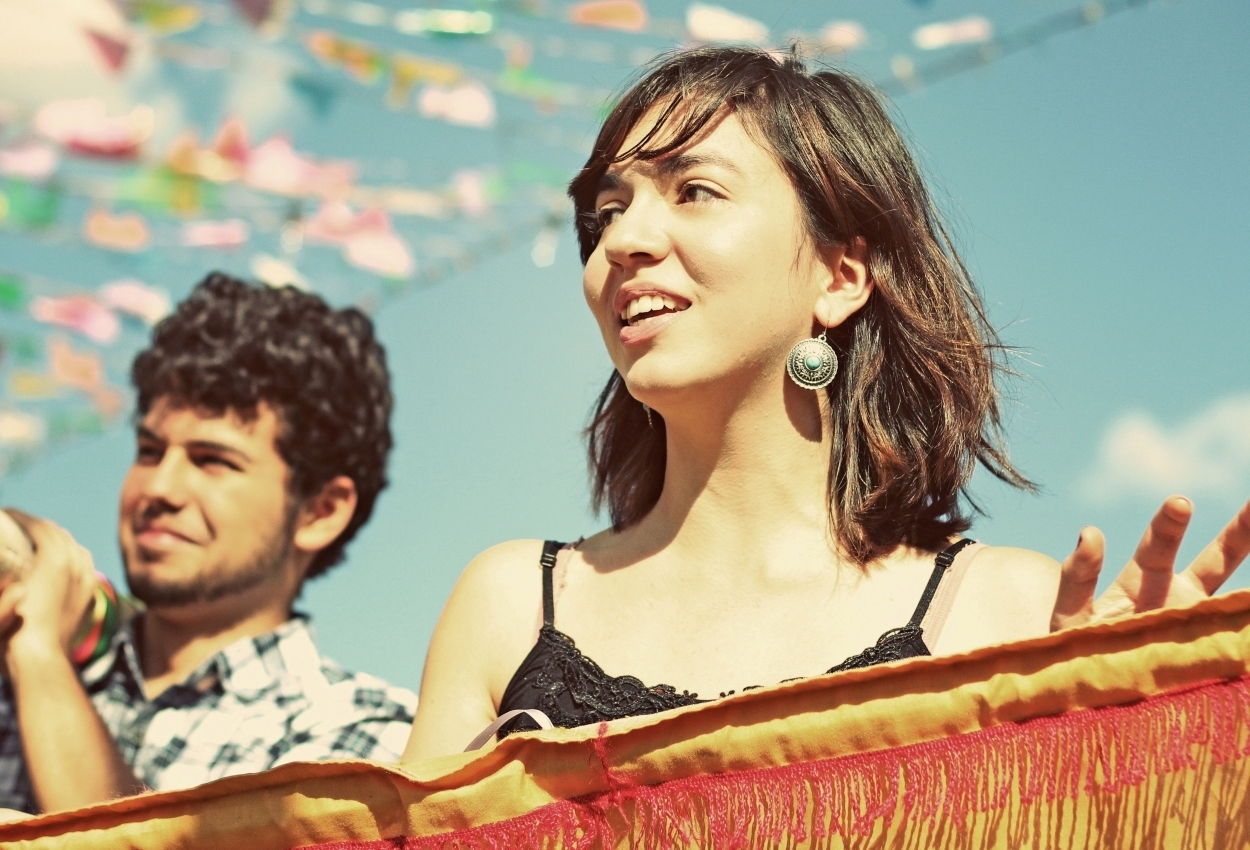Kindergarten
Bilingual education in a learning environment that values learning through self-discovery, experience and play.
The first years of a child’s life are extremely important in their development. Around 80% of it develops to age five and it is at this moment that it has to be stimulated. During early childhood, Colégio Sidarta fosters children’s innate curiosity, taking care of playful activities, encouraging creativity and broadening their cultural, linguistic and playful repertoire. Kindergarten has English as a first language. It also includes cognitive development and learning processes in other main fields of knowledge. A multidisciplinary school staff which includes tutors,classroom assistants, coordinators and school counselors will assist students. Students go on school to learn about the world around them in a more interactive way, in order to learn to respect and establish bonds desides the family-school interaction. Scientific Initiation is another field of knowledge that is taught at kindergarten and students experience it through curiosity, investigation and world discovery. Families play an important role during this process and parents are often invited to participate in a range of activities like Story Telling, Talent Bank and other pedagogical experiences.
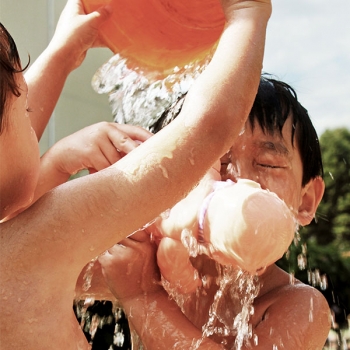
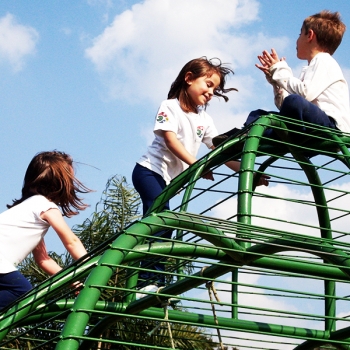
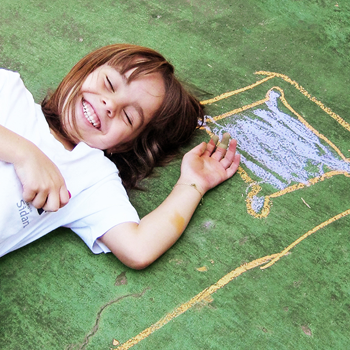
Primary Education
Interacting and providing support to the development of social and intellectual competences.
Curiosity is a driving force that leads to discovery. It arouses students’ interest and helps them to ask endless questions - the greatest source of learning. At this level students learn to observe, to investigate and to understand the fundamentals of different social and natural phenomena. Reading is part of Primary Education daily routine. It is essential to build up the knowledge of and to improve students’ writing skills. Mathematical logical reasoning is developed through games and other Math activities. They help children to think about strategies that lead to problem solving. Philosophy and Spanish complete the primary education curriculum. School field trips are also part of the curriculum and they help students to learn through valuable experience and practice. They are also important to build students’ autonomy. Going to art exhibitions and visiting important monuments and parks are also in the fundamentals of the school routine. Students learn how to value the importance of the cultural assets listed above, thus preserving their legacy and history. Each grade has weekly class assemblies promoted by tutors and accompanied by school counselors. This is a very important moment for students because they build up their relationship within their groups and enable them to reflect upon their own role at school.
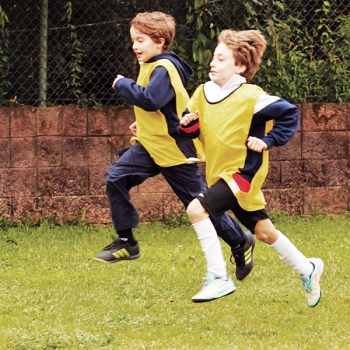
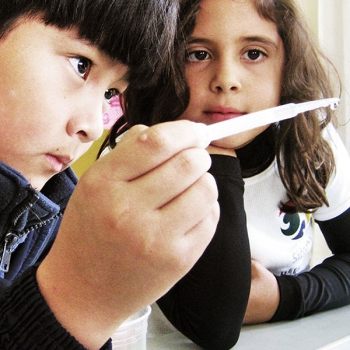
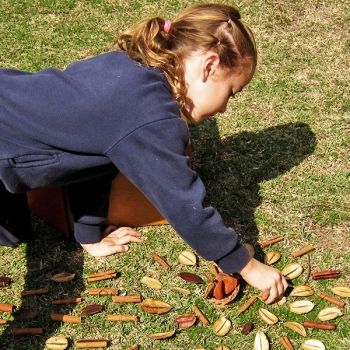
Secondary Education
Opportunities to reflect on information, with a view to transforming and utilizing it in different contexts
This period is comprised by the phase in which competence systematization of students’ formation is consolidated. Autonomy of study procedures and self-management are the focus of our work. The teaching of languages becomes more intense, with the addition of periodic proficiency examinations in the three languages we offer, namely English and Spanish. A new research routine is introduced in Scientific Initiation aiming at improving hypothesis elaboration, connection with other languages and the advancement of students’ autonomy for individual research. Classes in Educational Orientation are offered so as to develop socioemotional competencies, which will empower students with the skills to fully live in society. During this period, students begin to participate in Student Council alongside High School students, experimenting with the phases of a democratic process: student groups’ organization, campaign elaboration, debates and even inaugural addresses. Our challenge is to make students responsible for their own learning, developing their self-management skills and in turn enabling them to move forward and, now strengthened, face the challenges in High School.
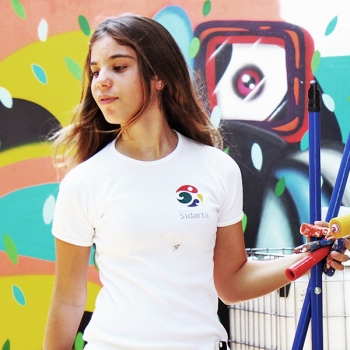
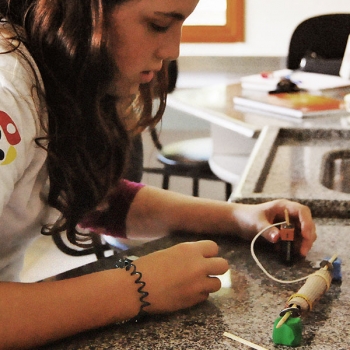
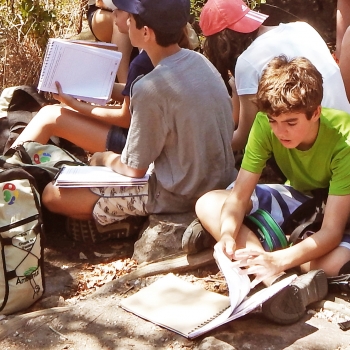
High School
Consolidation of values and life projects, strengthening of critical thinking and exercise of citizenship.
High School is a decisive step in students’ development. At Sidarta, besides the basic contents required in the most challenging examinations, we develop in students competencies such as resilience, leadership, critical thinking and citizen awareness, skills which contribute to the formation of a posture which in turn facilitates students’ entrance into the academic world (both domestically and abroad) as well as into the world of work. The course takes place in three years’ time, but its contents can be covered within two and a half years, allowing for six months’ time dedication to college entrance examinations. Scientific Initiation serves as a means to inciting problem solving and contributes to the society of which students are an active part. Classes in Citizenship and Entrepreneurship are included in the school curriculum with a view to the practice of a democratic culture and the accurate knowledge of rules and the unfolding of current Brazilian politics. Aware of the importance of professional choices, Vocational Orientation at Sidarta consists of a profound process of self-awareness which leads students to recognize their genuine talents and life projects.
